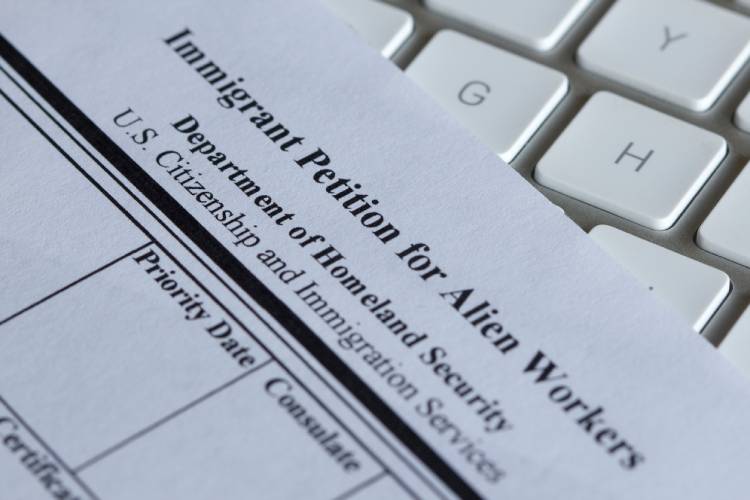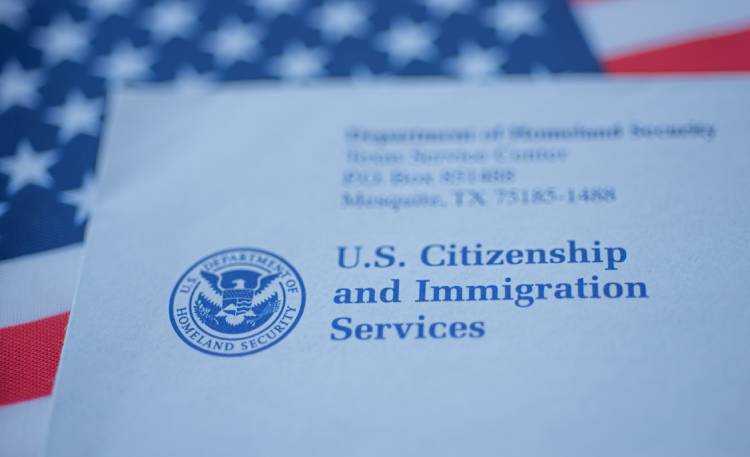Revoking an approved Form I-140, Immigrant Petition for Alien Worker, is a nuanced process that demands careful navigation through the complexities of U.S. immigration law. Whether you’re an employer or an international employee, understanding the intricacies involved in this process is critical. This post provides an overview of the necessary steps and considerations for effectively managing the revocation of an approved I-140 petition.
What Is an I-140 Petition?
The I-140 petition plays a pivotal role in the U.S. immigration system, serving as a gateway for employers to sponsor foreign nationals for employment-based permanent residency, often referred to as “Green Cards.” This form is a testament to a foreign worker’s skills, qualifications, and eligibility for a specific employment opportunity in the United States. Validating these aspects sets the groundwork for the individual’s journey toward securing permanent residency.
Reasons for Considering I-140 Revocation
The decision to revoke an approved I-140 can arise from several factors. Businesses may experience shifts in their operational needs, financial challenges, or strategic realignments, prompting a reevaluation of their commitments to sponsor foreign workers. Additionally, changes in corporate structure, such as mergers or acquisitions, might necessitate the revocation of previously approved petitions. For both employers and foreign workers, comprehending the potential consequences of such decisions is crucial for making informed choices about the future.
The Revocation Process
The revocation process is bifurcated into stages depending on the approval status of the I-140 petition. Before approval, petitioners may withdraw their application without much complexity. However, once the petition is approved, revoking it involves stringent conditions. Petitioners must formally communicate their intent to rescind the petition to the U.S. Citizenship and Immigration Services (USCIS), accompanied by a comprehensive justification for the revocation. This step is critical in ensuring that the revocation process is initiated correctly.
Deadline for I-140 Revocation
USCIS has set clear guidelines for the revocation of I-140 petitions that have been approved for at least 180 days or are associated with a Form I-485 (Application to Register Permanent Residence or Adjust Status) that has been pending for the same period. Under these conditions, a petitioner’s request to revoke the I-140 will not result in the beneficiary losing their priority date, a crucial factor in the immigration timeline.
Potential Consequences of Revocation
The revocation of an approved I-140 petition carries significant implications for the beneficiary’s path to permanent residency. The most notable consequence is the potential loss of the priority date, which can substantially delay the green card process. This date is crucial as it determines the beneficiary’s place in line for visa availability, impacting their ability to apply for permanent residency.
Conclusion
The decision to revoke an I-140 petition is significant and carries extensive implications for the immigration trajectories of foreign workers. A deep understanding of the process, strategic planning, and considering all possible outcomes are essential. Engaging with immigration experts or legal counsel is highly recommended to navigate this complex process with clarity and confidence, ensuring the best possible outcome for all parties involved.







